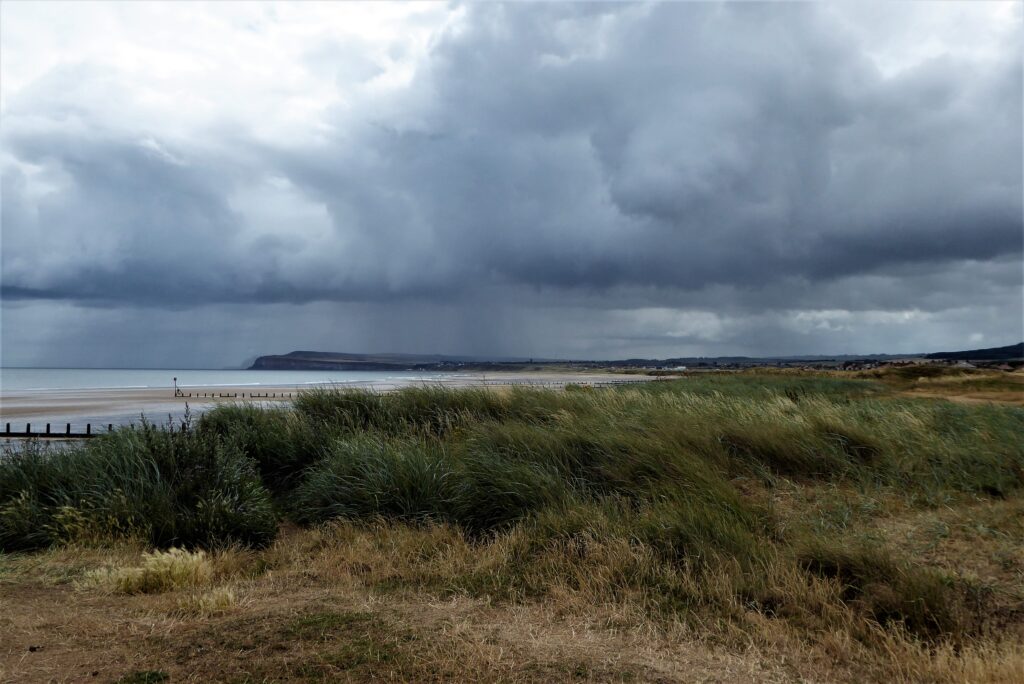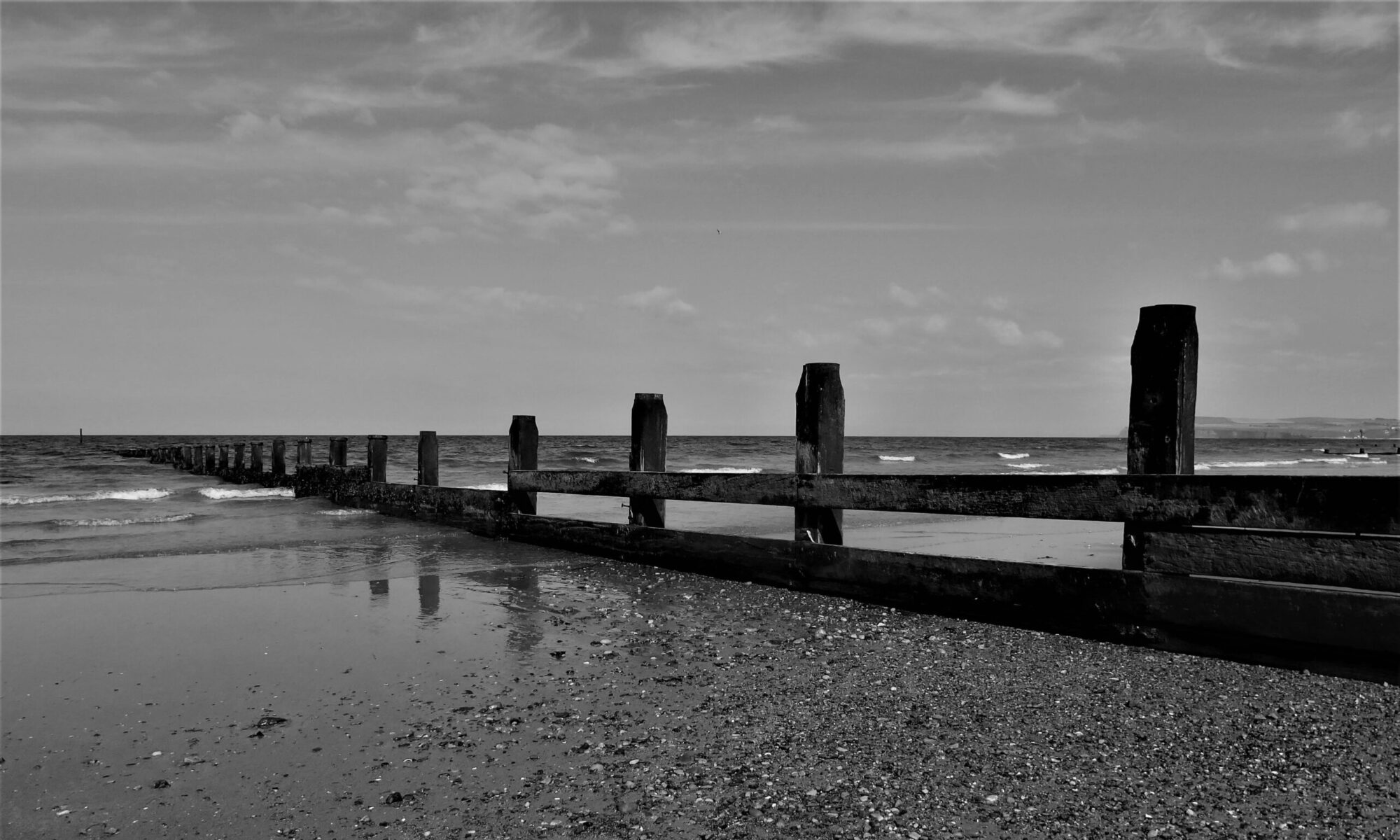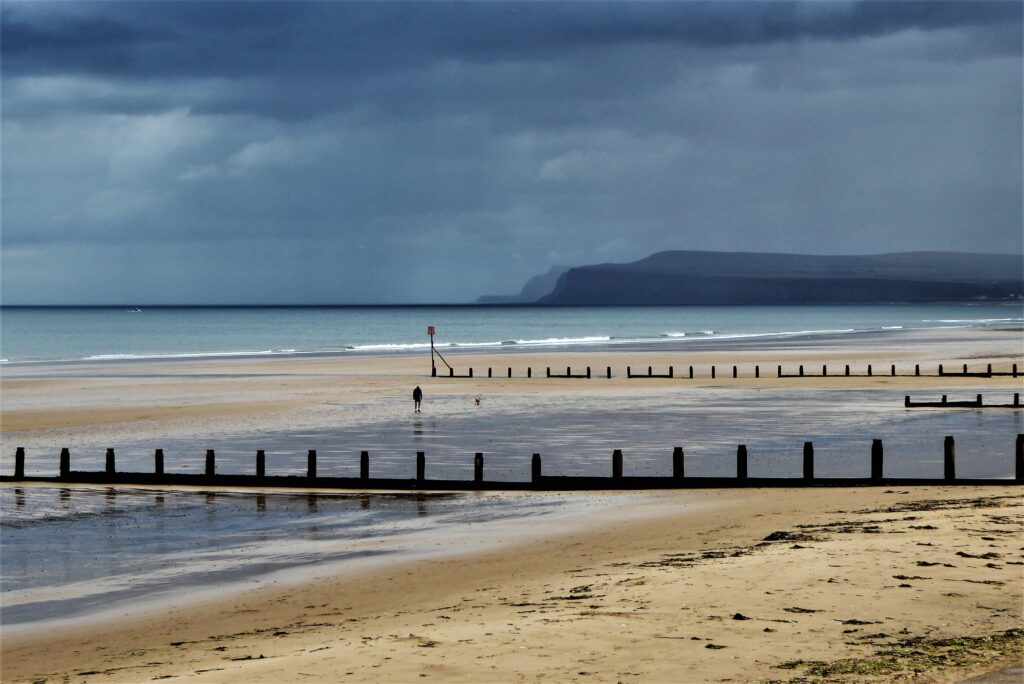
The podcast series Conversations about Arts, Humanities and Health, hosted by Dieter DeClercq and Ian Sabroe, is well loved by many who work in the medical and health humanities. The series, supported by the Winston Churchill Memorial Trust, develops meaningful dialogue and connection between the humanities and medicine. The conversations take place online, and scholars, health professionals and the public discuss how the arts and humanities can inform healthcare. The recording of the conversation is then published as a podcast, together with a reflective summary by Dieter and Ian.
Having enjoyed listening to many episodes, I was honoured to be invited as a guest on the third season of the podcast. I had already had the pleasure of working with Ian, who was a contributor to the Edinburgh Companion to the Critical Medical Humanities, and the care and thoughtfulness with which the conversation was conducted therefore came as no surprise. I met Ian, Dieter, and Jennifer Pien for a preliminary online chat about what areas Jenn and I would like to cover in the conversation, and about topics of common interest, and we agreed a loose series of questions, which would still allow space for the conversation to take its own direction on the day.
It was a pleasure to talk with Jenn about her work with medical professionals as well as her own creative practice. Our conversation focused on the role of writing and personal stories in the medical and health humanities. We explored the relation between the personal and the critical, and we thought about how bringing the personal perspective into academic work does not mean losing a critical voice. More broadly, we thought about the value of lived experience, the meaning of creativity, and the varied craft of writing.
Thank you to Dieter, Ian and Jenn for such a generous, and generative, conversation.
You can listen to the podcast, which is episode 23 of Ian and Dieter’s series, here.

